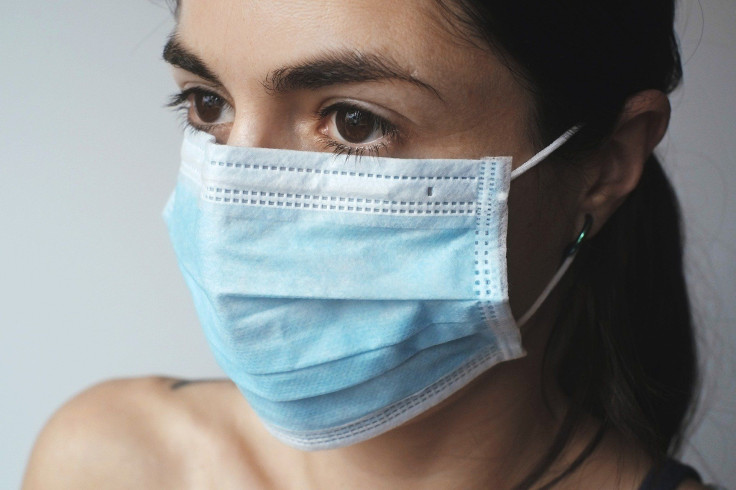Does Your Partner Or Your Children Need To Isolate Themselves Because of Coronavirus?

KEY POINTS
- One of the things that made coronavirus worse is its potency to infect others
- Some people protect themselves using mask or gloves
- Many are now asking if a spouse or a child must engage in self-isolation
Reports say that Europe has become the most coronavirus-infected continent. In the UK, the number of infected persons continues to rise with each passing day. This is why self-isolation for some UK residents has become a real possibility.
UK health officials today predicted that a fifth of the workforce in the country could skip work at the height of infections. This is due to the fear they would be infected or would infect others in the face of the deadly outbreak. As such, the question of whether your partners and children also need self-isolation arises.
Self-Isolation
People who are infected or suspect that they have been infected by the deadly COVID-19 are required to stay at home. They have been advised by the government to ask other people, like their friends or relatives, to do their errands for them.
This is due to the believed ability of the virus to spread between individuals through aerosol. Because of such ability, it is extremely crucial for infected persons to isolate themselves to prevent transmission of the virus to others, particularly vulnerable people.
People who are in self-isolation are required by health officials to stay at home where they can either continue working or rest. As the spread of the virus advances further, there are suggestions that those who live with someone infected should also go on self-isolation. This is regardless of whether they are family members or flatmates.
It may be true that living with someone infected by the coronavirus may present some huge challenges as the chances of getting infected themselves exponentially increases. The government, however, has discouraged the idea of flatmates or family members also going on self-isolation just because a household member is infected. UK health officials say that those who live in close contact with an individual on self-isolation need not also go on a self-isolation themselves.
Instead, the government has advised them to minimize contact with a family member who has been infected or is suspected to be infected by the coronavirus. They have also been advised to ensure they take precautions to prevent themselves from getting infected.
The Advice of UK Health Officials
The government has issued guidelines for everyone to follow, particularly individuals living with a person infected or suspected to be infected by the deadly COVID-19. These include the frequent washing of hands, minimizing contact with an infected person, keeping the spaces you share well-ventilated, and wearing a facemask when advised by their doctors.
Health officials say you need to wash your hands with soap and water for about 20 seconds, particularly after getting into contact with an infected individual. Whenever possible, you should avoid touching people who show signs of COVID-19 infection and the surroundings they are in.
You also need to keep your windows open as often as possible to keep the spaces within your living quarters well-ventilated. If you are at high risk of infection because you live with someone who is, or suspected to be, infected by the virus, you should wear a face mask. You need to wear them whenever you are around infected individuals, and you should dispose of the used mask in a trash bin.
UK health officials also advise that you should avoid inviting family or friends into a home infected by the virus as they could become carriers themselves. You also need to stay away from vulnerable individuals, particularly older people 65 years or older, those who are chronically sick and have weakened immune systems. If you are infected or suspect yourself to be infected, try to arrange for alternative accommodation for older adults.
Health officials also advise against sharing items, like bedding, drinking cups, and utensils, with persons suspected of suffering from a COVID-19 infection. If possible, persons suspected to be suffering from COVID-19 infection should have their own bathroom or use be the last person to use the bathroom, before cleaning it.
It is also advised by the government that you need to clean places and surfaces which have been touched by a person infected with the virus. These include bathrooms, bedrooms, and kitchen countertops. Use a disinfecting solution, like bleach. It is also important for people to throw away the aprons or gloves they used in cleaning these areas.
Bedsheets and clothing touched or used by infected persons must be washed at a high temperature at home. The ideal temperature to kill bacteria is above 60 degrees. Wash your hands well after performing this task.
It has also been advised by UK health officials that people should not put waste products that have been touched by an infected person in a rubbish bag. Instead, such waste products should be placed in a second bag and tied tightly. These household wastes should be kept inside your house until you receive confirmation COVID-19 is not present in your home.
© Copyright IBTimes 2025. All rights reserved.





















